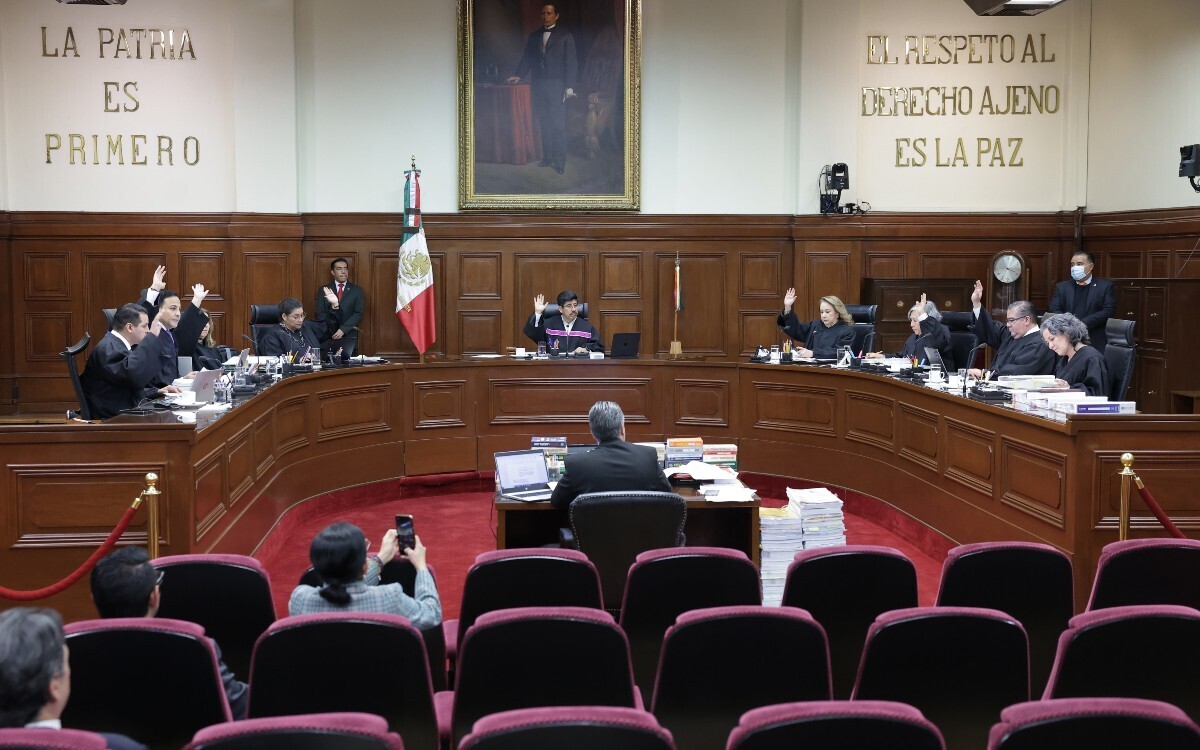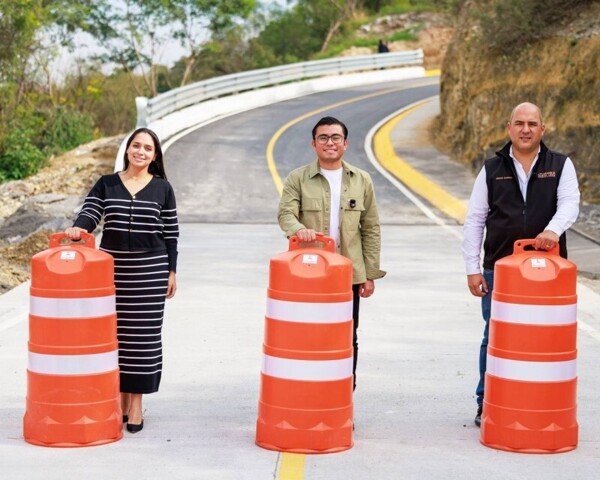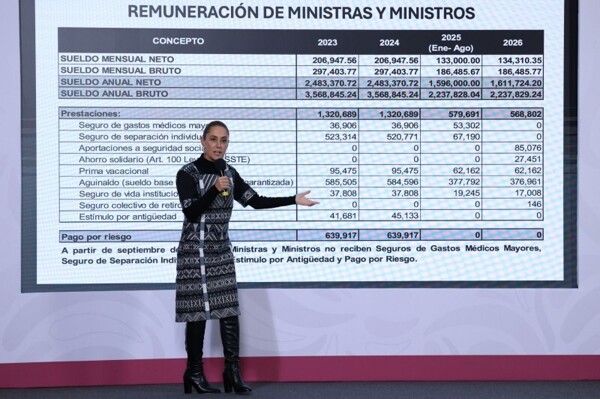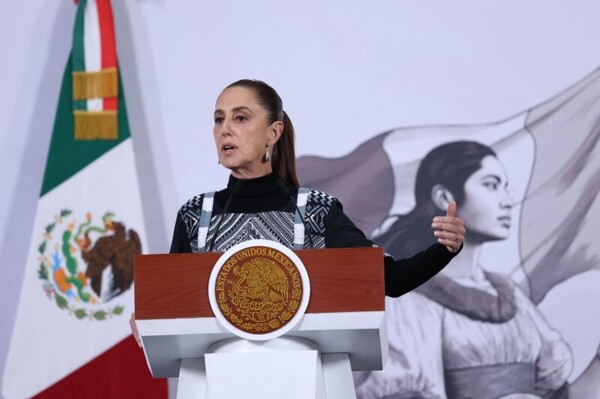
Five justices of Mexico's Supreme Court have spoken in favor of the possibility of reopening cases that already have final rulings. This could modify the principle known as 'res judicata', which establishes the end of judicial processes. Formally, the debate centered on the possibility of applying the nullity of a concluded commercial case, but in essence, each member of the highest court expressed their opinion on the possibility of reviewing cases already defined by the Federal Judiciary, up to their final stages.
During Wednesday's debate, Lenia Batres, Sara Irene Herrerías, Loretta Ortiz, Hugo Aguilar, and Irving Espinoza spoke in favor of a criterion to review sentences. A new project to be debated in the future will study the possibility of reopening sentences, with the possibility of defining the limits and scope of this new power.
Positions of the ministers and ministers on res judicata:
Minister María Estela Ríos González stated that the principle of res judicata is fundamental for legal security and social peace, as it gives firmness to judicial decisions. She said that allowing nullity would make lawsuits endless.
Minister Giovanni Figueroa Mejía affirmed that res judicata is a pillar of social coexistence, and allowing the action for nullity of a concluded judgment to become a rule would affect the justice system.
Minister Yasmín Esquivel Mossa said that res judicata is one of the most important institutions of the legal system and warned that opening the possibility of nullifying a concluded judgment could allow the review of the nearly 1.5 million amparos (constitutional protection lawsuits) resolved annually by the Federal Judiciary, which would end legal certainty and social peace, and would also make processes endless. She agreed with Minister Ríos that procedural fraud can be sanctioned through the penal route.
Minister-President Hugo Aguilar Ortiz questioned whether res judicata exists when it is reached through fraud, collusion, or illicit acts. He raised that the Court cannot deny that there are cases where res judicata is reached through improper agreements, although he said not all cases are like that.
Minister Lenia Batres Guadarrama defended the argument that acts contrary to the law are null and that there should be an extraordinary recourse to review sentences. 'This Court should, of course, have, with absolute exceptionality, but it should have some kind of recourse to nullify these types of sentences alien to the law, alien to justice…'.
Minister Irving Espinoza Betanzo spoke in favor of reviewing sentences to correct serious injustices and 'vitiated trials', which he said would be an 'exception' to res judicata. He acknowledged that without this recourse, a 'repetition of injustice after injustice' can be generated. He argued that the criterion of res judicata has served to sustain unjust decisions that affect the public interest and transgress fundamental rights.
Arístides Rodrigo Guerrero García adhered to the minority of three votes that sought to maintain the mandatory nature of the res judicata criterion for reasons of legal security. He argued that the Court cannot invent judicial instances not foreseen by the legislature.
Minister Sara Irene Herrerías Guerra voted against the project (which is understood as a position in favor of reviewing res judicata). She said that if there was simulation of acts or fraud, the proper way is the penal one.
Loretta Ortiz Ahlf spoke in favor of the action for nullity, as it would allow strengthening sentences, especially in fraudulent processes.














